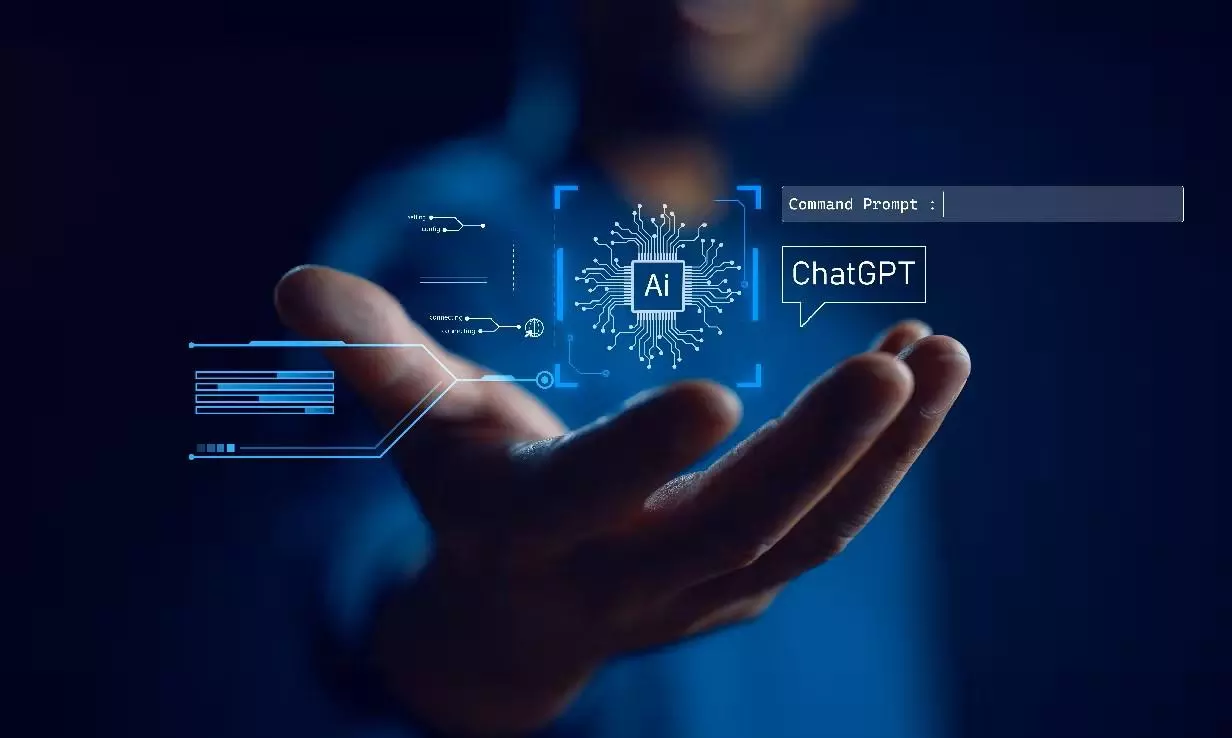
AI unlikely to replace software engineers, but new survival skills needed: report
text_fieldsAs generative AI continues to reshape the tech industry, more than 80 per cent of software engineers are being urged to adopt new skills, such as natural-language prompt engineering and retrieval-augmented generation (RAG), to remain competitive in the job market. This comes as analysts from Gartner Inc. highlight the importance of upskilling in response to the AI boom.
The global research firm recently released a report addressing the growing concerns surrounding the future of software engineering roles amid advancements in AI. Despite concerns that AI might reduce the demand for human engineers, Gartner asserts that AI will not replace these professionals but will instead create new roles and responsibilities.
Software engineers, the report states, will remain critical for developing complex and innovative software solutions, as their expertise and creativity cannot be fully replaced by AI systems.
AI's impact on software development is expected to unfold in three distinct stages. Initially, AI tools will work within defined boundaries, enhancing the productivity of existing software engineers by streamlining their workflows. In this stage, engineers will use AI to boost their efficiency without losing control over the development process.
The second stage will see AI pushing those boundaries, with software development tasks becoming increasingly automated. At this point, the majority of coding will likely be generated by AI, reducing the need for human-authored code. This phase is expected to significantly shift the role of software engineers, as they may need to focus more on overseeing AI systems and less on manual coding tasks.
In the final stage, AI engineering will reach new levels of efficiency, and organisations will be seeking skilled engineers who can meet the growing demand for AI-integrated software. This shift will require engineers to have advanced knowledge in AI and machine learning (ML) integration, further emphasising the importance of upskilling.
The importance of investing in AI developer platforms is also highlighted in Gartner's report. Organisations will need to invest in data engineering and platform engineering teams, ensuring they are equipped with the tools and processes necessary for continuous integration and development in AI projects.
Current trends further illustrate the urgency for software engineers to adapt. Gartner’s survey of 300 organisations in the US and UK revealed that more than half of engineers believe AI/ML engineering roles are in high demand, yet many lack the skills to integrate AI/ML into their applications.
The use of AI in coding has also gained traction, with tools like GitHub Copilot and Claude by Anthropic leading the charge. However, the effectiveness of AI-generated code remains a topic of debate. While AI coding tools offer potential, studies have found a decline in the quality of code generated by these models, alongside concerns over an increase in bugs.























